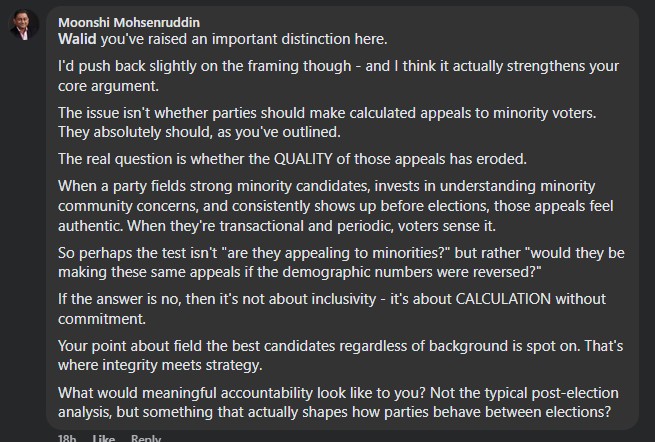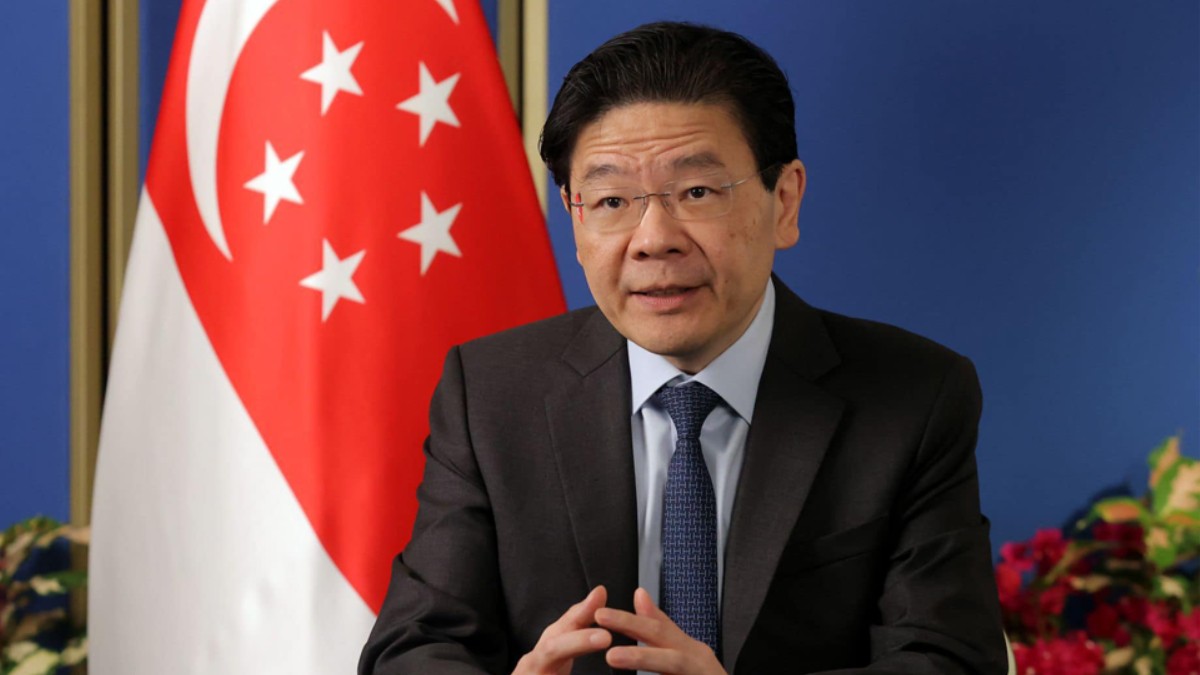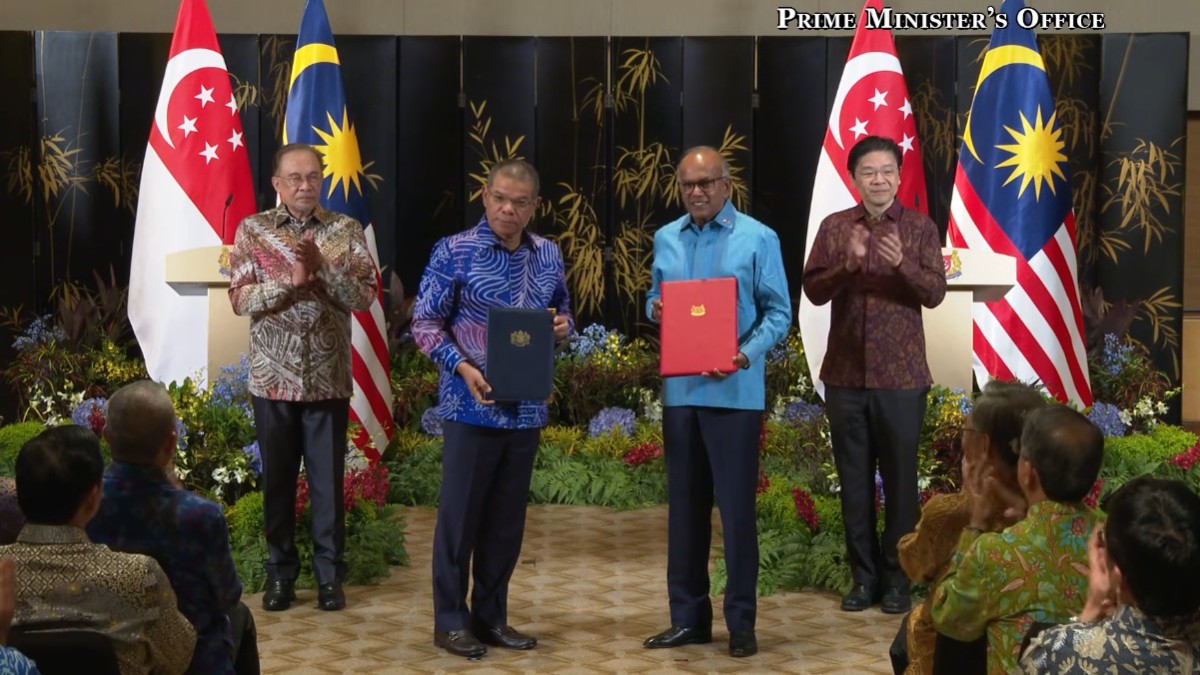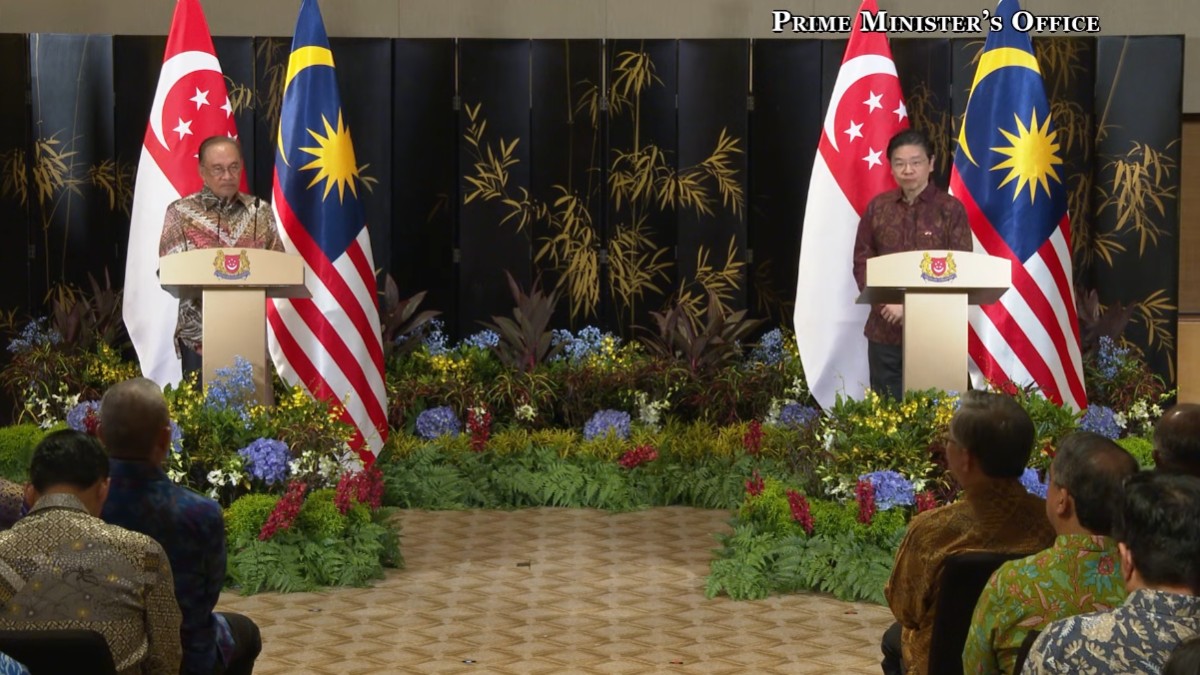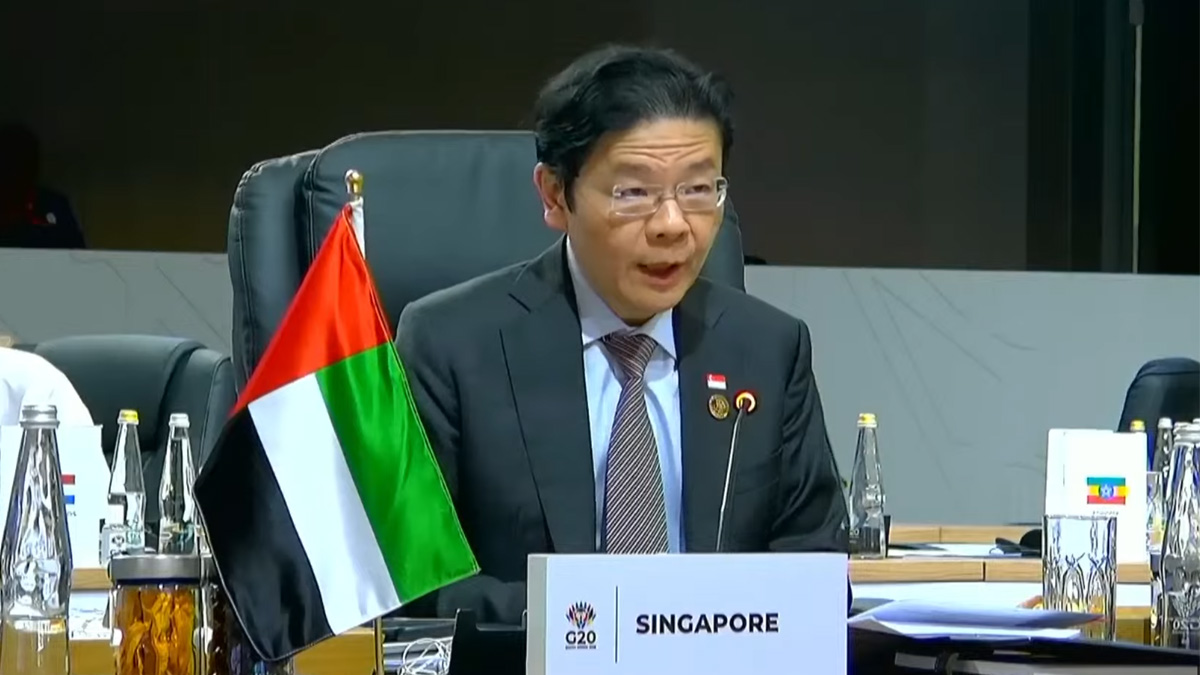Academics challenge PM Wong’s claim on WP’s Tampines “calculated appeal”, urge inclusiveness to all voters
Academics have challenged Prime Minister Lawrence Wong’s claim that the Workers’ Party made a “calculated appeal” to Malay-Muslim voters in Tampines during the 2025 General Election. Assistant Professor Walid J. Abdullah and other scholars argued that all political parties should engage every community thoughtfully and inclusively.

- Academics and commentators have questioned Prime Minister Lawrence Wong’s remarks describing the Workers’ Party’s (WP) Tampines campaign as a “calculated appeal” to Malay-Muslim voters.
- Assistant Professor Walid J. Abdullah argued that all parties should make thoughtful appeals to all communities, not only the majority or minority groups.
- The discussion has drawn responses from academics and political figures, highlighting ongoing debates over ethnicity and electoral strategy in Singapore politics.
SINGAPORE: Assistant Professor Walid J. Abdullah of Nanyang Technological University, who hosts the show Teh Tarik with Walid, weighed in on Prime Minister Lawrence Wong’s recent remarks regarding the Workers’ Party’s outreach strategy in Tampines during 2025 General Election (GE2025).
In a Facebook post on 10 November 2025, Walid responded to Wong’s 9 November comments, made during the People’s Action Party’s (PAP) annual conference, where Wong referred to the WP’s “calculated appeal to Malay-Muslim voters”.
Walid noted that Wong had spoken in his capacity as PAP secretary-general, so “a degree of partisanship is expected.”
Nonetheless, Walid said he wanted to explore the broader issue of how political parties engage with minority voters, speaking “as both a Tampines resident and a Muslim”.
“All parties should make calculated appeals to all voters”
Walid questioned what exactly was meant by the “calculated appeal” in Tampines.
“Is it because the WP fielded a strong Malay-Muslim candidate in Tampines?” he asked.
He argued that parties should indeed make deliberate efforts to appeal to both majority and minority groups. “All parties should be making calculated appeals to all voters,” he wrote.
“They should not just be appealing to voters of one community and ignore the others, but they definitely should be doing their best to get the votes of the minority (and majority) communities.”
Fielding the best minority candidates, he added, is part of what elections are meant to be about. “Minorities are just voters like everyone else, who want their aspirations articulated by their elected representatives,” he said.
Walid further observed that if a party’s minority representatives are no longer seen as responsive to community concerns, “it is on the party to rectify the situation, not on others to field a weak candidate.”
He expressed fatigue at recurring debates over the GE2025: “The GE is over. Let’s move on from it. It feels tiring having to revisit it over and over again, especially when voters have so clearly made their choices.”
Support and engagement from prominent academics
Walid’s post has received over 300 reactions on Facebook, including from prominent academics such as Professor Tommy Koh, Professor Donald Low, and Professor Cherian George.
The discussion quickly expanded, drawing input from other political figures and commentators.
Singapore Democratic Party chair Dr Paul Tambyah commented that the PAP “seems to have a relatively long history of ascribing electoral setbacks to various ethnic or linguistic groups”.
He described Wong’s recent remarks as “bewildering”, given that the PAP had actually performed better than in 2020.

Associate Professor Ian Chong of the National University of Singapore’s political science department also questioned Wong’s phrasing.
“The opposite of making a calculated move is to make an uncalculated, random, or unthoughtful move,” he wrote.
“Which political party that has serious aspirations to winning—or even to just make a point—would do that?”

Context of Wong’s comments
On 9 November 2025, during the PAP’s annual convention, Prime Minister and secretary-general Lawrence Wong urged party members to remain vigilant despite the PAP’s improved electoral showing.
Under Wong’s leadership, the PAP won 87 of 97 parliamentary seats, up from 83 of 93 in 2020.
The national vote share also rose from 61.2 per cent to 65.57 per cent.
Wong cautioned, however, that the result was “a strong mandate, but not overwhelming”, noting that several constituencies were closely contested.
He cited Tampines and Punggol Group Representation Constituencies (GRCs) as especially competitive.
In Tampines, the PAP team led by Masagos Zulkifli secured 52.02 per cent of the vote, while the WP team, led by Faisal Abdul Manap, achieved 47.37 per cent.
Two other parties—the National Solidarity Party (NSP) and the People’s Power Party (PPP)—also contested.
Wong suggested that a WP victory in Tampines “would have signalled that the WP’s calculated appeal to the Malay-Muslim community had been effective”, warning that such strategies “would only harm social cohesion and lead to a divided Singapore”.
Observers noted that Wong’s comments appeared to refer to the WP’s decision to field Faisal Abdul Manap, its most senior Malay-Muslim Member of Parliament, who was redeployed from Aljunied GRC to lead the party’s first-ever Tampines team.
Broader debate on ethnicity and political strategy
Commenting on Walid's post, Facebook users debated how parties balance ethnic representation and electoral strategy.
Some users argued that the PAP’s framing implied tokenism, despite the party’s visible inclusion of minority candidates in senior roles.
Others contended that voters naturally gravitate toward alternative parties when long-serving ministers underperform, rendering the notion of a “calculated appeal” misplaced.
Another comment highlighted that voters now scrutinise MPs’ parliamentary performance and government actions, not just candidate profiles, and that tone-deaf or ineffective leadership could boost opposition support in upcoming elections.



Entrepreneur Moonshi Mohsenruddin added that the key issue lies not in whether appeals are calculated but in whether they are genuine. “Parties should focus on authentic engagement and strong candidates rather than superficial outreach,” he commented.
